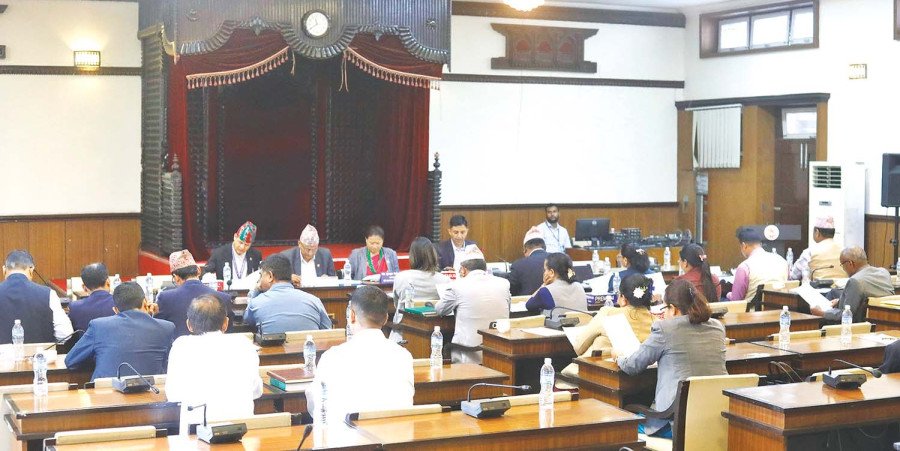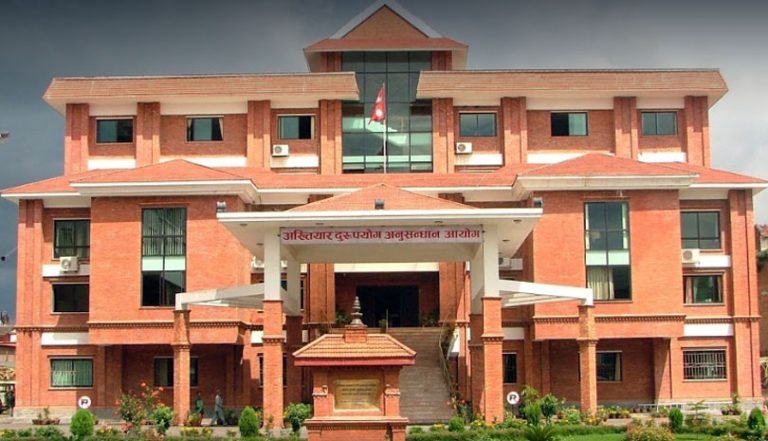The parliamentary Education Committee passed the long-debated Education Bill, clearing the way for it to reach the House of Representatives within days. The endorsement, however, came with deep divisions as several parties registered notes of dissent and private school operators launched street protests.
Ruling parties promised to bring the bill to Parliament in June. However, debates over ECD staff and scholarship provisions caused delays. The bill finally moved forward after two months.
Scholarship and Hostel Dispute
A major sticking point centered on scholarships for students in private schools. Current law requires schools to provide full scholarships to 10 percent of students if enrollment is below 500, 12 percent for up to 800 students, and 15 percent for larger institutions. Schools must divide these scholarships equally between academically strong and disadvantaged students. The opposition pushed for free hostel facilities for all scholarship recipients, while the ruling parties proposed limiting them to 2.5 percent. The final draft struck a compromise—requiring private residential schools to provide free hostels to three percent of disadvantaged scholarship students. The Maoist Centre and Rastriya Swatantra Party (RSP) formally objected to the clause.
Redefining School Structure Education Bill
The bill also reclassifies ECD to Grade 8 as the basic level, and Grades 9–12 as the secondary level. Schools will have the option to teach in Nepali, the students’ mother tongue, or English. For secondary education, institutions may offer multiple curriculum tracks, including general, technical and vocational, and traditional education.
Foreign-affiliated schools already in operation can continue, but no new registrations will be allowed. Local governments will gain expanded authority to merge, downgrade, relocate, or even close schools based on community needs.
Teachers and Recruitment
Schools will fill 60 percent of teacher positions internally and hire the remaining 40 percent through open competition. This applies across categories, including Grades 11 and 12. While a teaching licence will now be mandatory, an academic degree in education will no longer be compulsory.
The government will allow community schools to charge nominal fees to generate supplementary income.
Political Reservations
The Maoist Centre, RSP, and Rastriya Prajatantra Party (RPP) all entered formal dissent on various provisions. Opposition parties argue that ECD facilitators currently working should get one chance to compete for teacher posts without age limits, or otherwise receive a financial exit package. They also demand that ECD staff be officially recognized as teachers with fair pay.
The Maoist Centre further called for special support—accommodation and uniforms—for students from martyr, missing, injured, or poor families, with the state bearing full responsibility. One of its reservations even suggested mandating children of government employees to study in public schools as a way to improve the quality of community education.
Private Schools Push Back Education Bill
Meanwhile, private school operators have strongly opposed the bill, particularly the scholarship requirements and the provision that all private schools will gradually transition into nonprofit entities. They have staged protests demanding removal of such provisions.
Committee chairperson Ammar Bahadur Thapa defended the bill, saying it strikes a balance between accessibility and quality. “The bill does not ban private schools. There is no reason to exaggerate its impact,” he said.
The House of Representatives is expected to debate the Education Bill intensely after registering it before giving final approval.
Stay updated as Parliament prepares for the next round of debates on the Education Bill.


